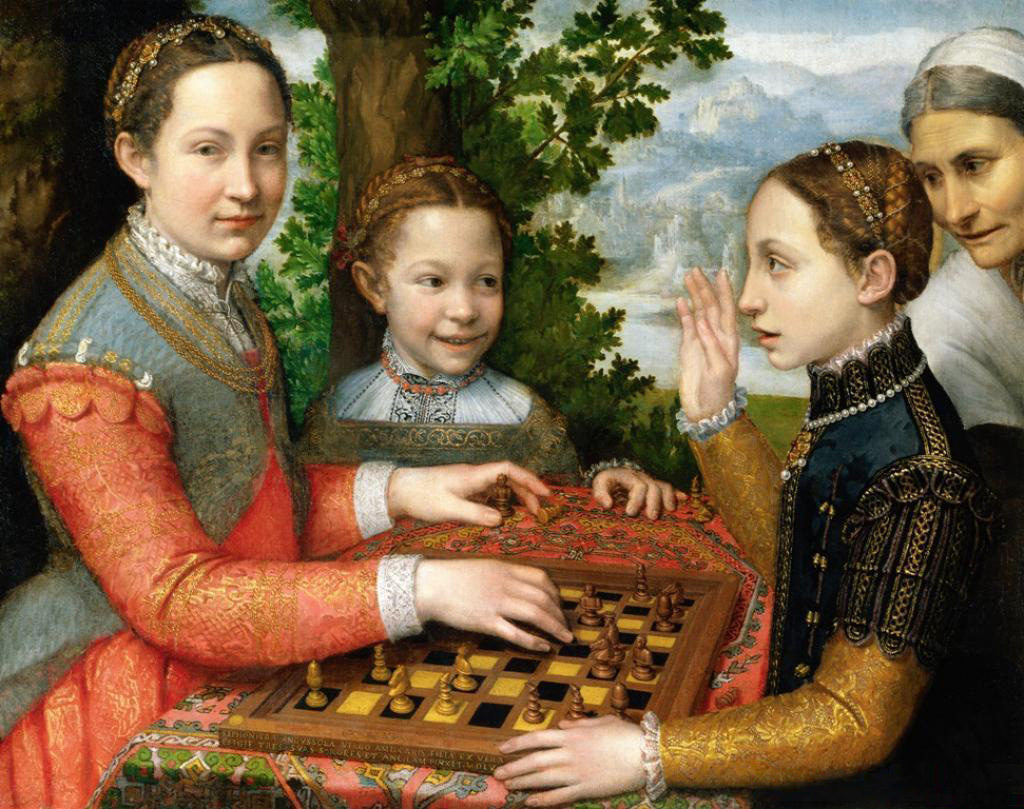This will be a talk for the Seminaire de Logique Lyon-Paris on 14 April 2021 4pm Paris time (3pm UK). The talk will be held on Zoom at
875 1148 7359.

Abstract. The principle of open determinacy for class games — two-player games of perfect information with plays of length ω, where the moves are chosen from a possibly proper class, such as games on the ordinals — is not provable in Zermelo-Fraenkel set theory ZFC or Gödel-Bernays set theory GBC, if these theories are consistent, because provably in ZFC there is a definable open proper class game with no definable winning strategy. In fact, the principle of open determinacy and even merely clopen determinacy for class games implies Con(ZFC) and iterated instances Con(Con(ZFC)) and more, because it implies that there is a satisfaction class for first-order truth, and indeed a transfinite tower of truth predicates $\text{Tr}_\alpha$ for iterated truth-about-truth, relative to any class parameter. This is perhaps explained, in light of the Tarskian recursive definition of truth, by the more general fact that the principle of clopen determinacy is exactly equivalent over GBC to the principle of elementary transfinite recursion ETR over well-founded class relations. Meanwhile, the principle of open determinacy for class games is strictly stronger, although it is provable in the stronger theory GBC+$\Pi^1_1$-comprehension, a proper fragment of Kelley-Morse set theory KM.

Pingback: Online Activities 12-18 April | European Set Theory Society
In this Twitter thread, you say you have a counter-example to universal determinacy that is provable in ZF alone:
https://x.com/JDHamkins/status/1438225439751905285
However, I’m confused about the following step:
https://x.com/JDHamkins/status/1438225455136526345
> And then player 1 must play a non-determined game on the natural numbers
What is such a game? Isn’t the existence of a non-determined game what we’re trying to prove in the first place?
(In the comments under the tweet, others are also confused by this.)
Yes, so if there is no such game, then player 1 cannot win. But if player 2 has a winning strategy, then choice holds for sets of reals, and so there is a nondetermined game after all.